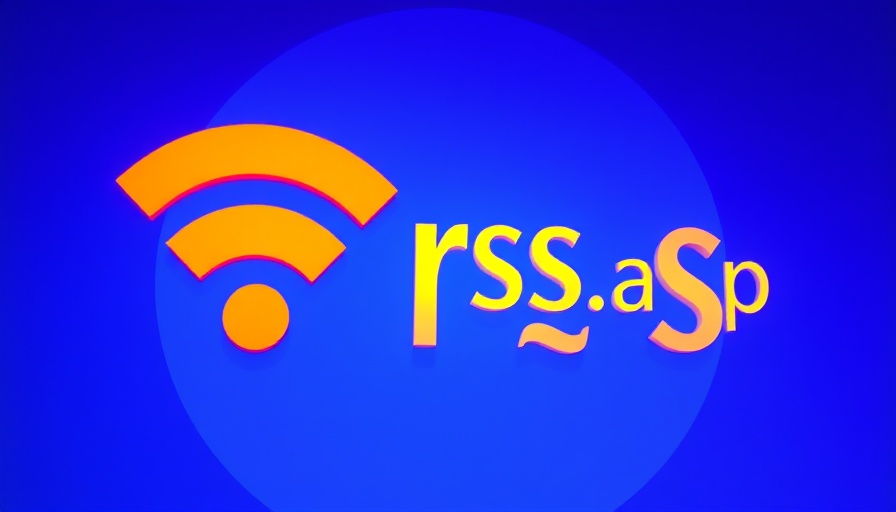
The Rally for Postal Service: A Stand Against Privatization
On a warm Sunday afternoon, over 200 postal workers and their families gathered in Virginia Beach, waving signs and wearing bright red shirts emblazoned with slogans like "Fight like hell" and "Hell no to privatization." This powerful display took place outside the main post office on Viking Drive, where emotions ran high against the looming threat of privatization of the U.S. Postal Service (USPS).
Understanding the Stakes: The Fight for USPS
The rally attendees voiced a unified message: the privatization of the USPS could undermine the essential services they provide. From reliable mail delivery for rural communities to affordable postage rates for all, the potential shift towards privatization raises significant concerns about accessibility and affordability. While advocates for privatization argue that it could lead to efficiency and profitability, opponents emphasize the risks of increased costs and diminished service quality for millions of Americans.
Historical Context: The Legacy of USPS
The United States Postal Service has a long and storied history, dating back to its establishment in 1775. Throughout its existence, USPS has evolved to meet the needs of the American public, albeit with ongoing financial challenges. These challenges have sparked debates about reform and efficiency. Currently, USPS services are constitutionally mandated, providing a universal service obligation meant to ensure that every American, regardless of location, has access to postal services. However, the rise of digital communication and e-commerce has drastically altered the landscape, putting pressure on USPS to evolve or risk obsolescence.
Social Connections: Community Impact
The rally in Virginia Beach highlighted not only the perspective of postal workers but also the profound impact the USPS has on local communities. For many, postal workers are not just employees; they are familiar faces in their neighborhoods, serving as a vital link for communication and delivery. The loss of these services due to privatization could create voids in community connectivity and accessibility, especially for those in marginalized areas. Protecting the USPS becomes more than a labor issue; it transforms into a community-centered cause that resonates deeply with individuals and families alike.
Counterarguments: A Divided Perspective
While the rally showcased passionate support for maintaining a public postal service, there are also voices that call for reform through privatization. Proponents argue that privatizing the USPS could introduce competition in the shipping market, stimulating innovation and improving service standards. They suggest that a more business-oriented approach could decrease the taxpayer burden associated with maintaining the USPS. However, these perspectives often overlook the potential negative consequences for service availability and affordability.
Future Insights: What Lies Ahead for USPS?
The question of what lies ahead for USPS amidst increasing discussions of privatization remains uncertain. Current trends point towards potential restructuring to improve financial stability, but there is a risk of losing essential public services that are critical for serving all Americans. As society shifts towards digitization, maintaining the balance of public access against the need for operational efficiency will be pivotal. Moreover, the outcome of these discussions could serve as a touchpoint for other public services grappling with modernization challenges.
Take Action: Get Involved in the Conversation
The rally in Virginia Beach serves as a clarion call for community engagement and advocacy. By raising awareness and speaking out against privatization, individuals can help shape the future of the USPS. Joining local advocacy groups, contacting elected representatives, or participating in discussions can amplify the voices of those who depend on this service. It is vital for community members to remain informed and engaged in determining the future of an essential institution that has served the nation for over two centuries.
 Add Row
Add Row  Add
Add 




Write A Comment